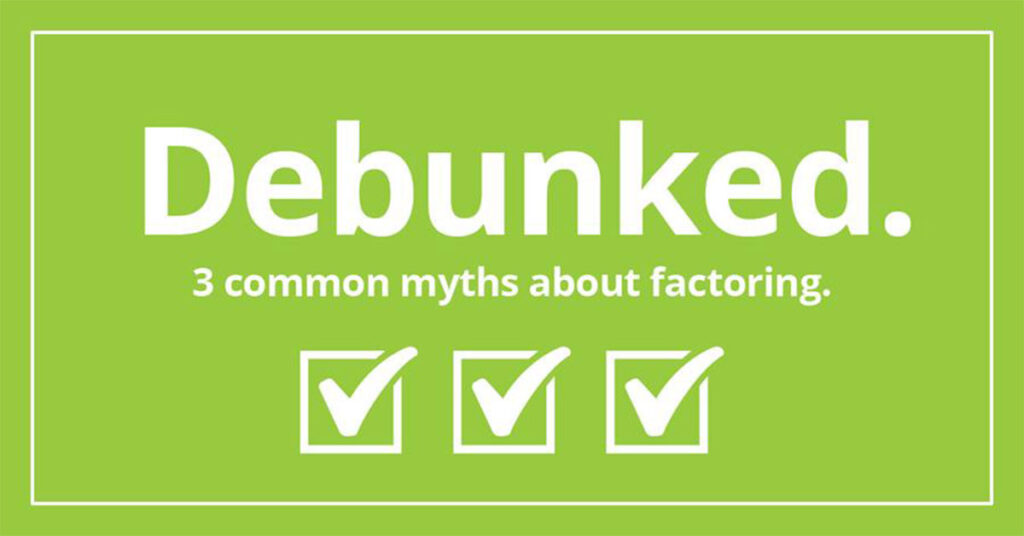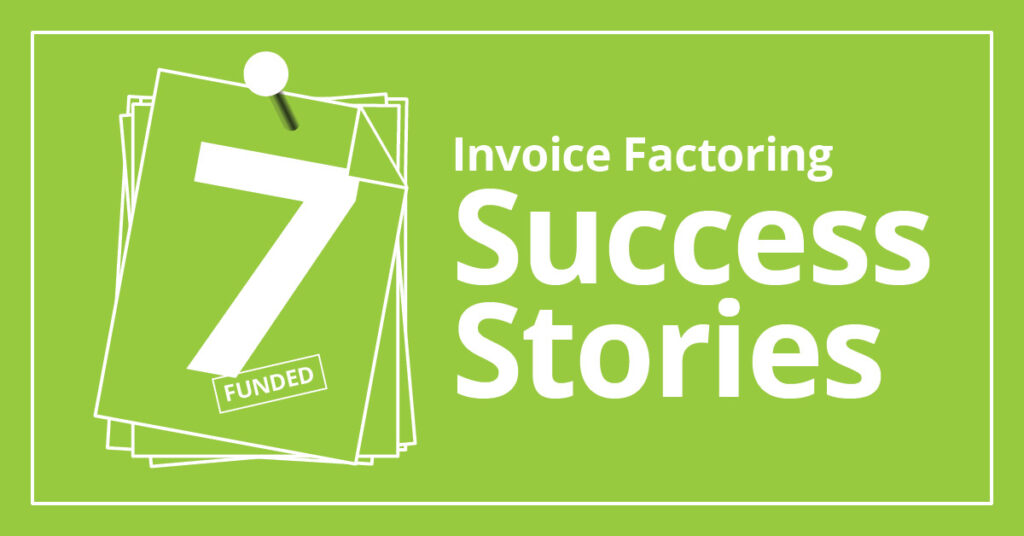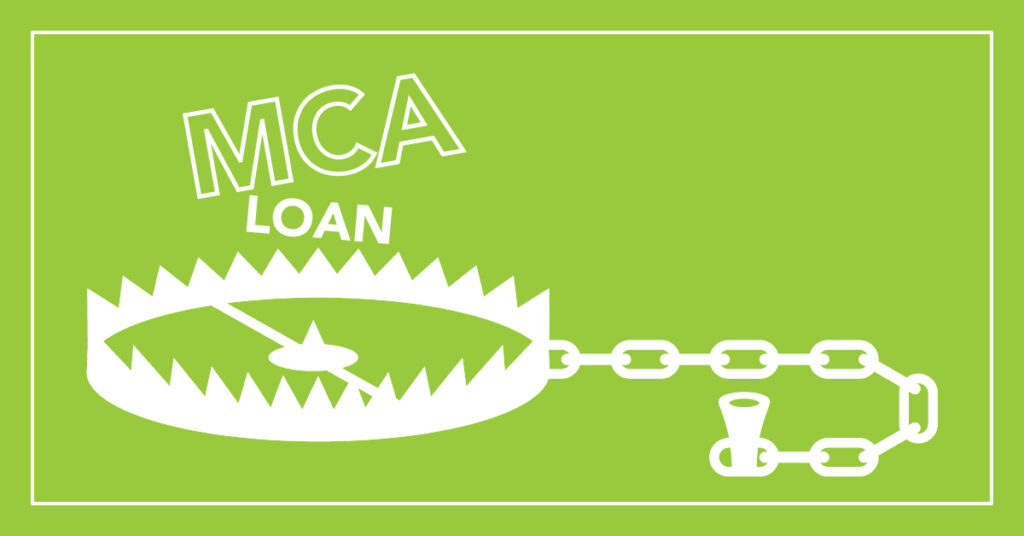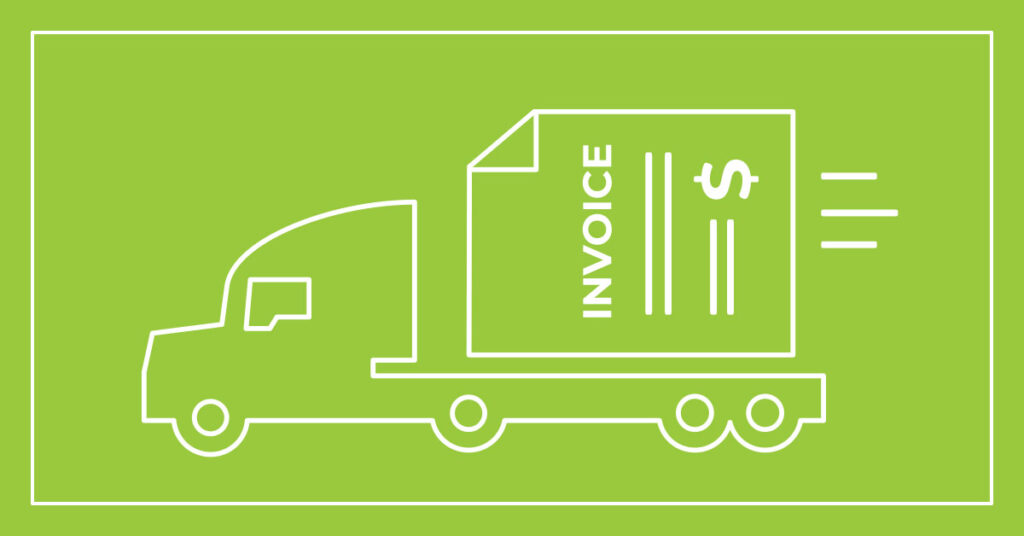FACTORING RESOURCES
What alternative financing options do you have if the bank says no?
Apr 27, 2020

When you have a business in transition, meaning your new, growing, or going through a tough economic climate, it can be difficult to secure traditional bank loans. If your business has recently been turned down by the bank, or you have maxed out your line of credit, there are a few alternative financing options to consider.
1. Accounts Receivable funding/factoring
When a business provides a product and bills the customer, the customer typically has an average of 30 days to pay the outstanding invoice. The business faces the uncertainty of knowing exactly when the invoice will be paid – will the customer pay early, on time, or late?
A factoring company can purchase the company’s accounts receivable at a slight discount, quickly providing working capital to the business. When the invoices are due, the customer makes payments directly to the factor instead of the original business (since the factor now owns the invoice/accounts receivable).
This allows businesses to receive funds without waiting for customers to pay, making cash flow management more predictable. Most factoring businesses will ensure customers pay their invoices, something that can save a lot of admin time.
When Accounts Receivable funding or factoring might be a good option:
If your business is running on a smaller margin, this is an easy way to raise money. Factoring shortens the collection process, which is beneficial if you are looking to expand your operations quickly or if you need cash fast.
Factoring is a great solution for companies with significant accounts receivables but little credit history. It also often helps companies in seasonal businesses or with a concentration of business among a small number of customers.
Learn more about the invoice factoring process.
2. Seek out an investor
At a high level, this is when an investor provides a business with capital in exchange for a percentage of the business’s profits/losses. By putting money into a business, the investor holds a stake and shares in the risk/rewards. The investment can come from an angel investor or a venture capital.
- An angel investment typically comes in the form of family and friends, wealthy individuals, or an angel investment group. Angel investors usually give support to start-ups at the business’s beginning (when risks are relatively high) and when most investors are not prepared to back them. Day to day involvement and decision making varies on the individual’s preferences.
- A venture capital is a group of investors who provide funds to startup companies and small businesses that are believed to have long-term growth potential. Venture capital generally comes from well-off investors, investment banks and any other financial institutions.
When angel investment or venture capital might be good options:
Equity financing is normally used by non-established businesses that do not have sufficient cash flow or collateral with which to secure business loans from financial institutions. The invested cash can be used for a variety of reasons – the cost for running daily operations, reducing debt, hiring new employees, or purchasing assets and technology needed to for the business to run.
Additionally, adding investors expands your business’s network. Investors can share their experience in working with different industries or other start up companies.
3. SBA loan
The Small Business Administration (SBA) does not directly loan money, but instead connects businesses with administration-approved lenders. SBA loans typically have lower down payments, flexible overhead requirements, and in some cases, do not require collateral. Some loans even provide mentorship to business owners.
Eligibility is based on the business itself, the owner’s character, and the business’s location. The business’s size and purpose also are important factors that the SBA considers. While it is better to have a high credit score, bad credit doesn’t rule one out from receiving a SBA loan.
When an SBA Loan might be a good option:
The loan can be used for all project costs, including franchise fees, construction, equipment, soft costs and more. Utilizing a SBA loan is strategic when you do not want to use your own cash, or if you are light on capital.










